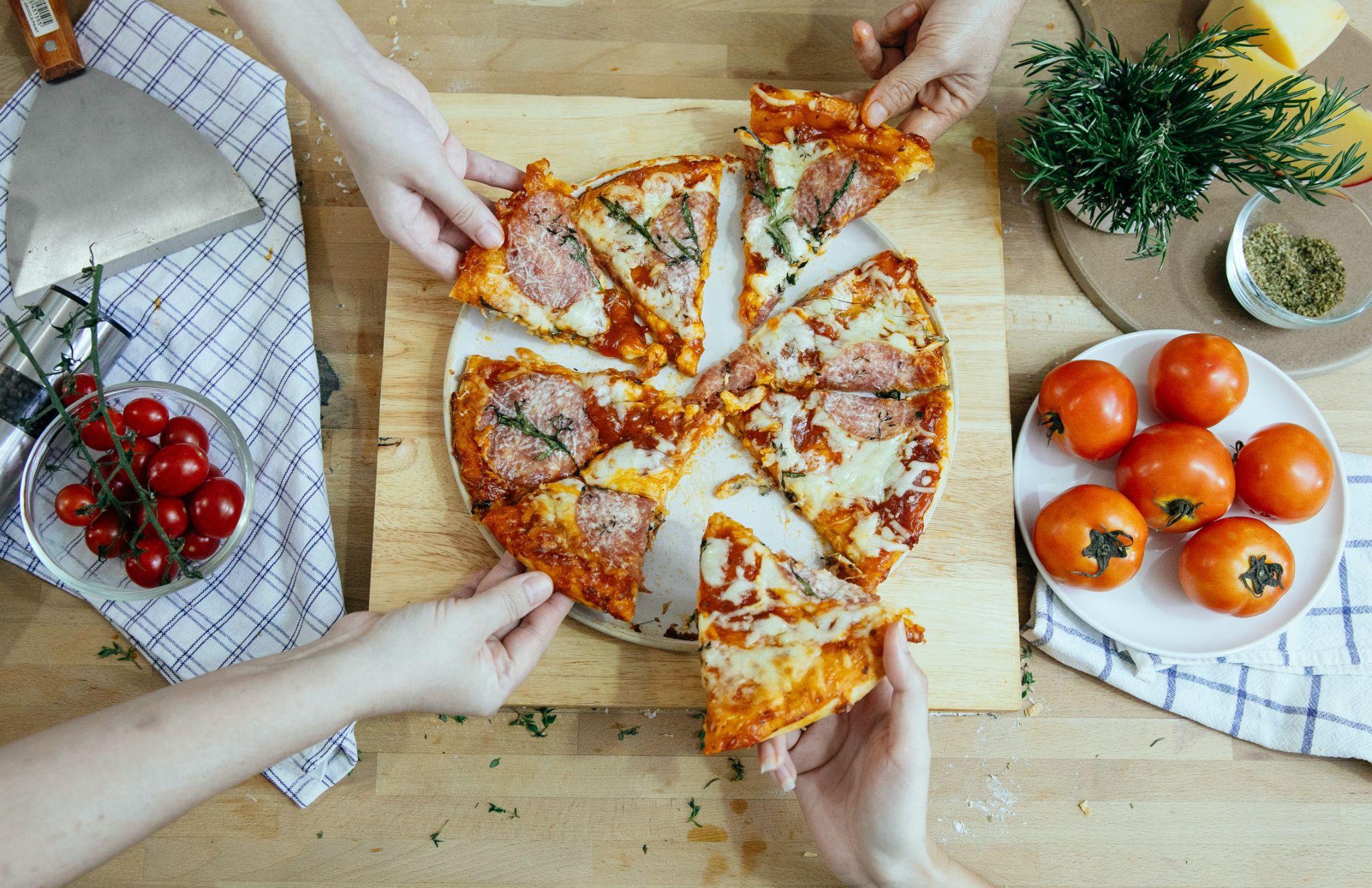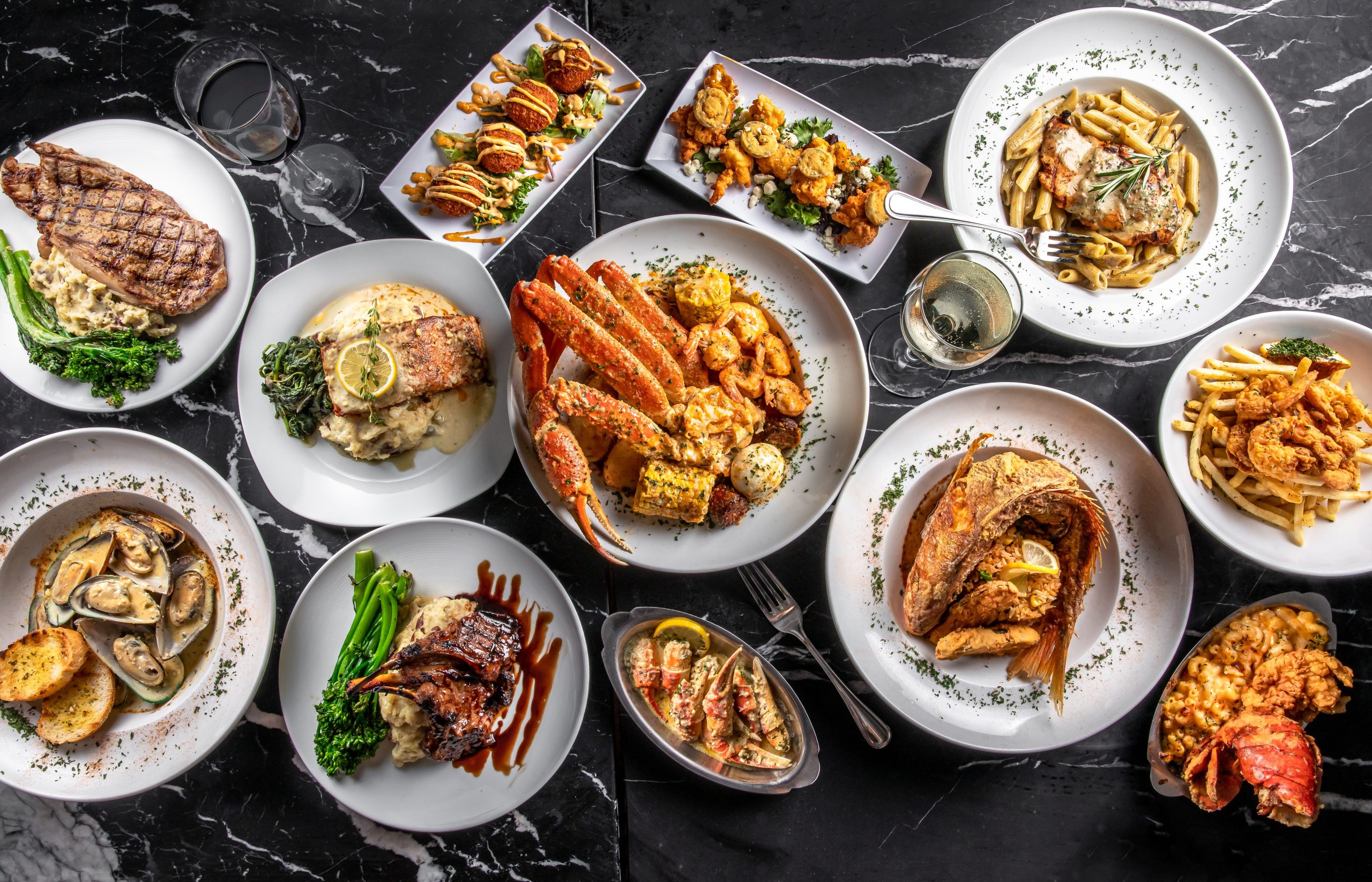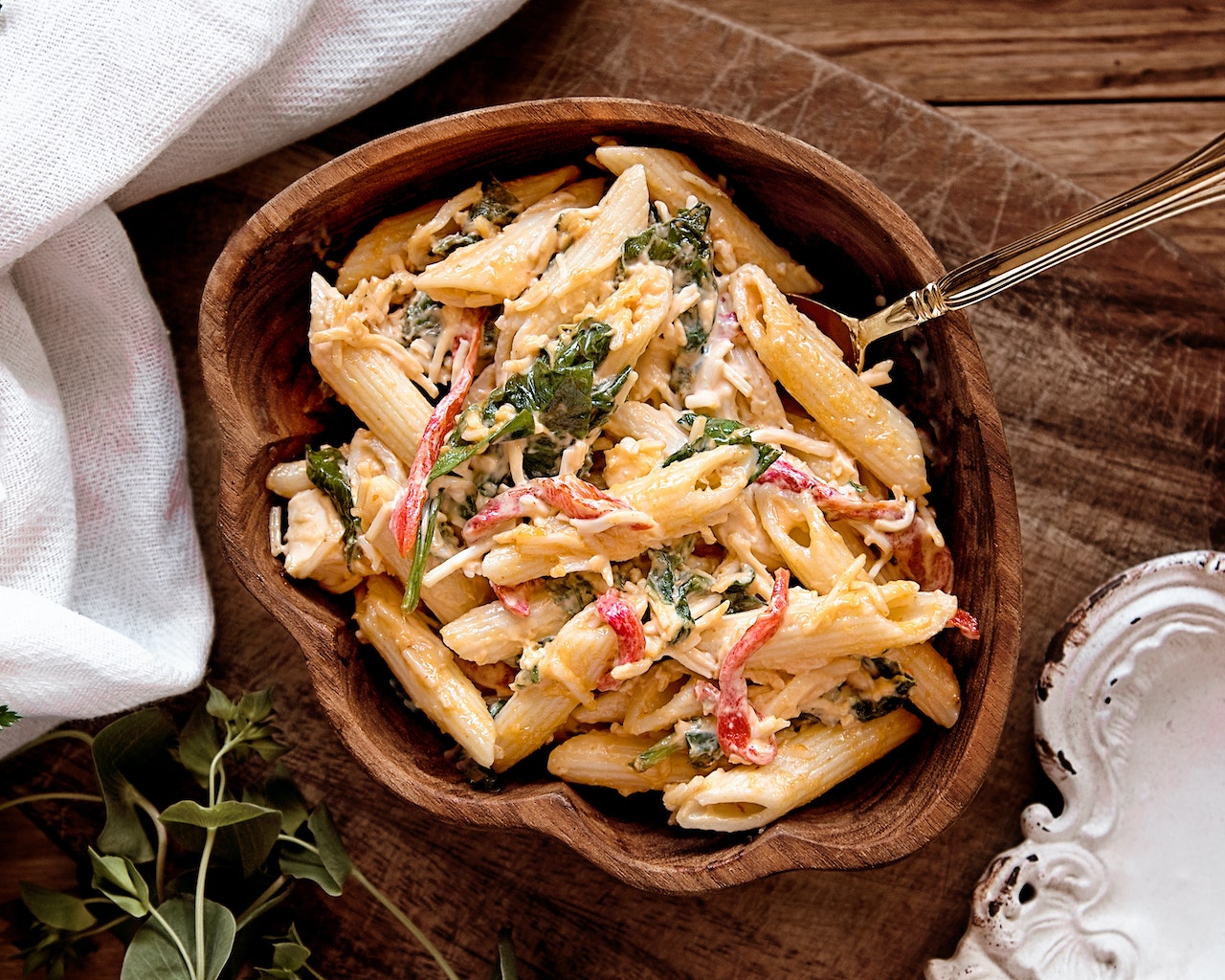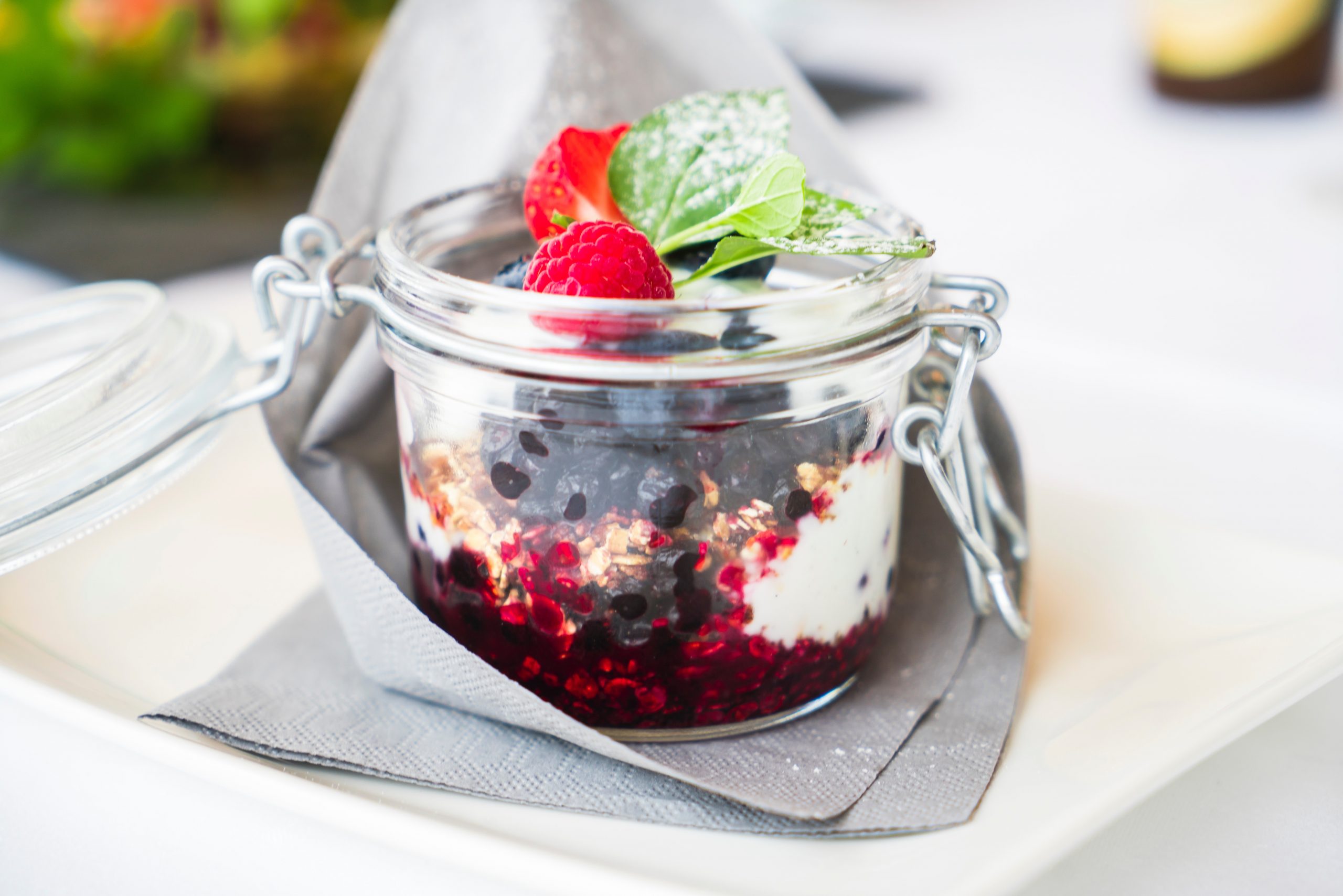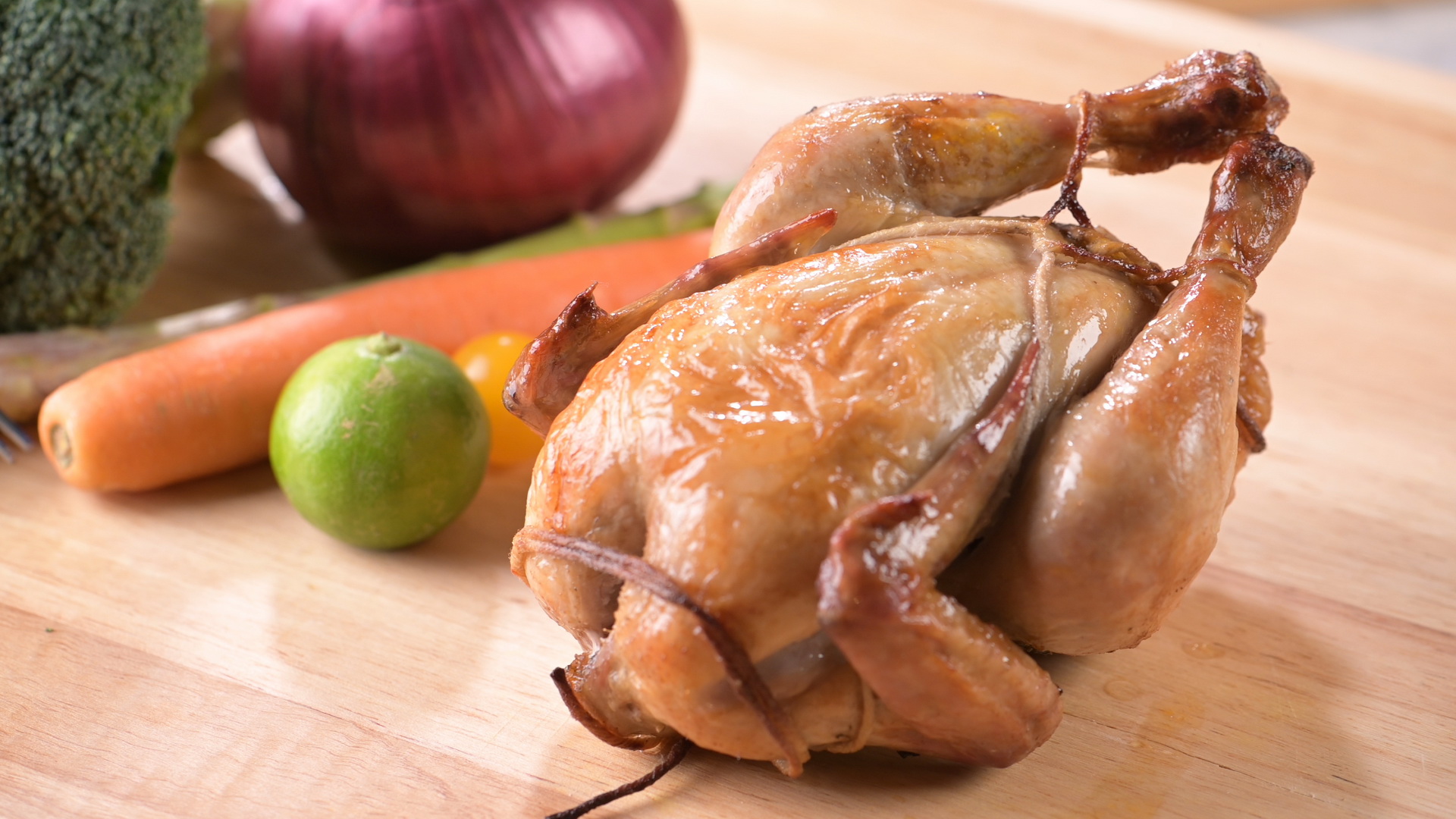Table Of Contents
Hosting a homemade pizza party is a treat for everyone’s tastebuds and an opportunity for creativity, camaraderie, and a chance to create cherished memories. According to a survey, pizza is America’s favorite comfort food, beating out staples like burgers and fried chicken.
By hosting a pizza party, you’re offering your guests a slice of this beloved comfort food, all with a personal touch that no pizzeria can rival. This article provides insightful tips on throwing the perfect homemade pizza party.
A meticulously crafted menu forms the heart of any memorable pizza party. The joy of pizza lies in its versatility, capable of embracing countless variations, all while maintaining its core identity.
Start your planning process by carefully assessing your guests’ dietary preferences. Are there vegetarians in the crowd? People who follow a vegan lifestyle? Gluten intolerant individuals? Use this information to shape your menu, ensuring guests have various options.
Explore the vast canvas of pizza flavors – classic Margherita, pepperoni, Hawaiian, BBQ chicken, and more. Remember to include innovative options like pizzas with vegan cheese or gluten-free crust.
Mastering the Dough
The process of making dough is therapeutic, and there’s no denying that it’s incredibly rewarding to see the dough rise, ready to cradle your choice of delicious toppings.
Venturing into the domain of pizza-making means being open to experiments, embracing innovations, and having the courage to venture beyond the traditional. Consider this: a dough that’s not only destined for a flat, circular shape but one that can form a pocket, a container of cheesy goodness. Following a delicious and easy-to-follow pizza pocket recipe can give a fun twist to your traditional pizza making.
Remember, well-made dough speaks volumes about your pizza, and its preparation should never be rushed. Practice makes perfect, and with each attempt, your skill in crafting the perfect pizza dough will only improve, adding to the charm of your homemade pizza party.
Choosing the Right Ingredients
Fresh, high-quality ingredients are key in ensuring good taste and health benefits. Here’s where your local farmers’ market can be your best friend, providing you with a selection of fresh and flavorful produce.
Each topping brings something unique to your pizza, from ripe tomatoes to crisp bell peppers. Choose a blend of vegetables, cheeses, and meats that complement each other. Pay attention to the cheese you use; mozzarella is a traditional favorite, but feel free to experiment with gouda, cheddar, or a mixture of several.
Importantly, herbs and spices offer a depth of flavor that can elevate your pizza to the next level. Fresh basil, oregano, crushed garlic, and a dash of quality olive oil can make a difference.
Perfecting the Sauce
A well-curated sauce lays under the toppings, influencing the overall taste with its unique flavor profile. The sauce is a crucial element that binds all ingredients together in a symphony of taste.
Tomato sauce, often tangy with a sweet undertone, remains a classic choice for many. Its richness and depth of flavor make it an ideal base for most toppings. However, interesting alternatives include a creamy white sauce or a fiery barbecue base.
Choosing the right sauce isn’t just about your personal preference. You need to ensure that it melds well with your selected toppings.
Art of Assembling
Begin by evenly spreading a thin layer of your selected sauce across the dough. This is your flavor base, the underlying note that will bind all other flavors together. Be generous but not excessive. Too much sauce can make the pizza soggy, while too little might leave it dry and tasteless.
Then comes the distribution of your chosen toppings. Whether it’s pepperoni slices, chunks of bell pepper, or olives, each ingredient should be evenly distributed, ensuring that each bite has a bit of everything.
A generous sprinkle of your chosen cheese will melt and envelop the toppings, creating that oozy, gooey goodness that pizza lovers adore.
Baking Techniques
Initiate the process by preheating your oven. A hot oven ensures your pizza starts cooking when it’s inside, helping achieve that desirable crisp crust. While the recommended temperature can vary, a general rule is to set your oven to a high temperature, typically around 475 to 500 degrees Fahrenheit.
Once the oven reaches the desired temperature, place your pizza in. Keep a watchful eye on it during the baking process. Overcooking can lead to a dry, hard crust and burnt toppings while undercooking will leave you with a doughy base and under-melted cheese.
The goal is to reach a state where the crust is perfectly crisp, the cheese is gooey and slightly golden, and the toppings are cooked to their prime.
Creating a Festive Ambience
Start by focusing on the seating arrangement. Comfort is key; ensure your guests have ample space to sit, move, and interact. The setting should encourage camaraderie and conversation, amplifying the joy of sharing a meal.
Next, consider the role of music. A carefully curated playlist of soft, pleasant tunes can serve as the perfect background score, adding a layer of auditory pleasure to the gastronomic delight.
Lighting plays a pivotal role in setting the mood. Soft, warm lights can create a cozy and intimate atmosphere, adding to the overall charm of your party.
Conclusion
Organizing a pizza party at home goes beyond just the craft of pizza-making. It combines mastering the dough, curating a menu, selecting quality ingredients, perfecting the sauce, and artful assembly. The baking technique plays a crucial role, too. But remember, ambiance makes it a party. Carefully arranged seating, gentle music, and warm lighting contribute significantly to the overall experience.
